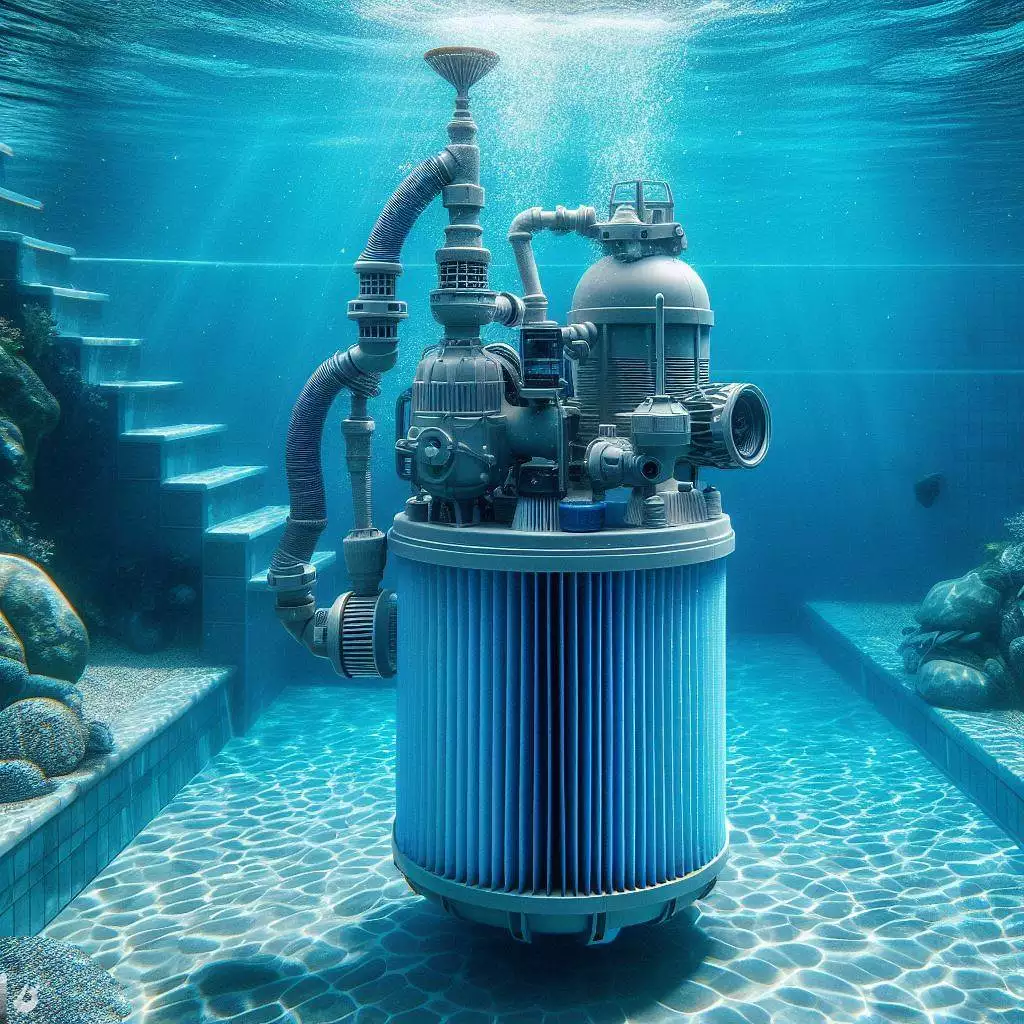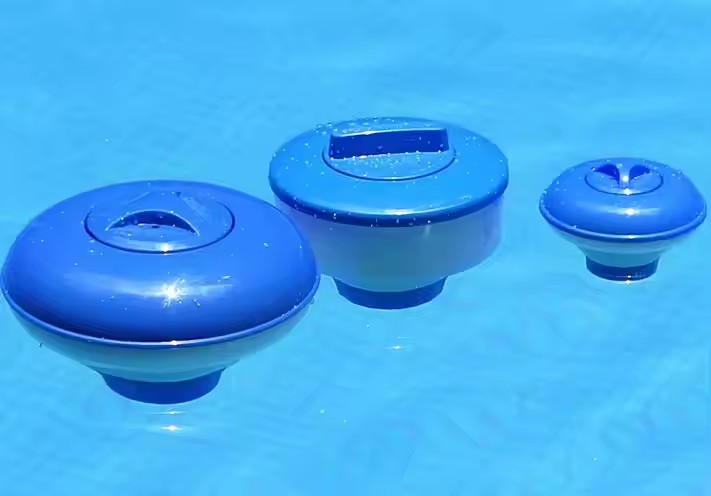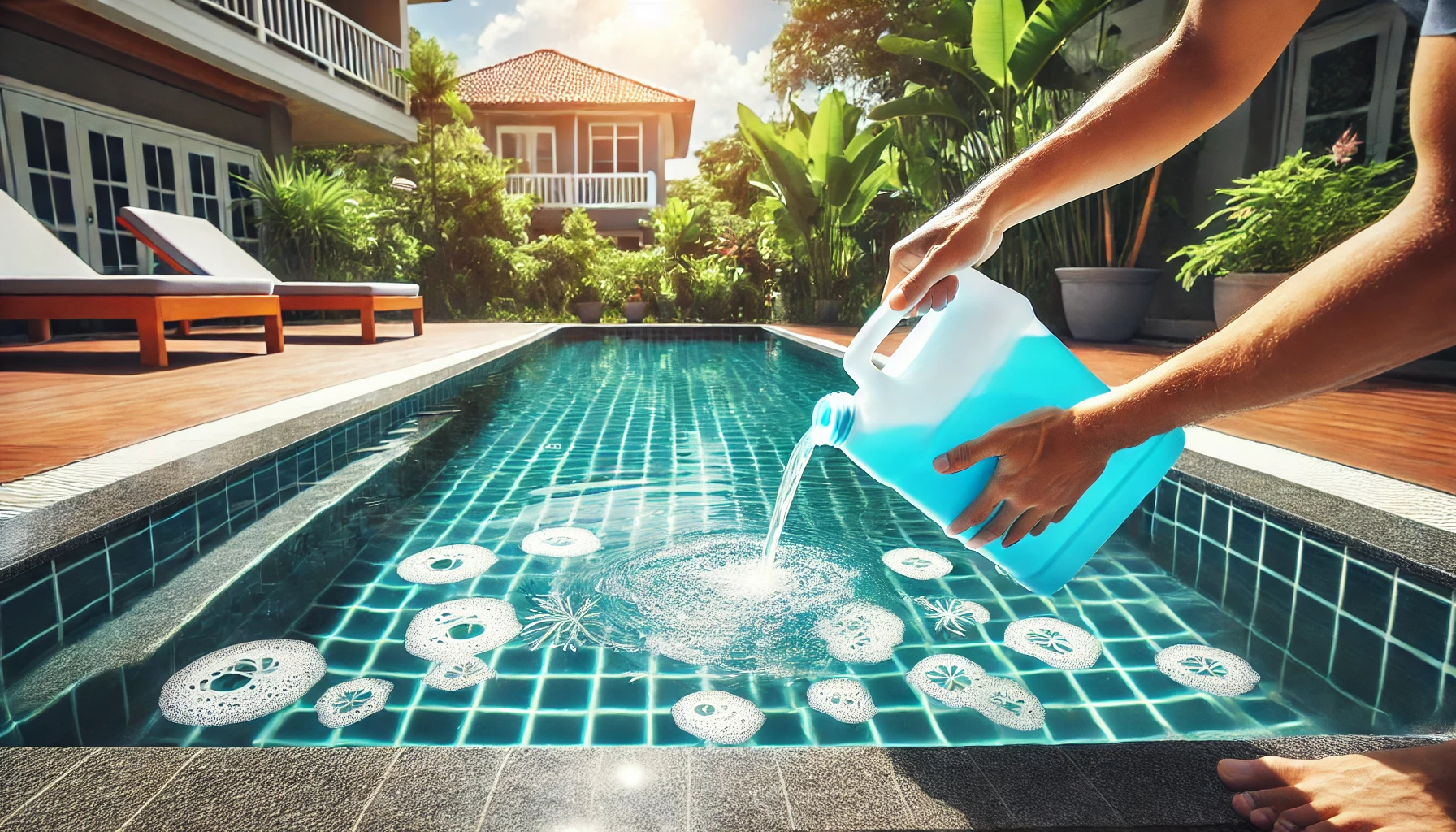In the realm of pool maintenance, the choice of a filtration system plays a pivotal role in ensuring crystal-clear water and a refreshing swimming experience. Among the various types of pool filters available, sand pool filters have emerged as a popular and reliable choice. This article delves into the importance of quality in sand pool filters, exploring the key factors that contribute to their effectiveness and longevity.
Filter Media Quality
At the heart of every sand pool filter lies the filter media – typically silica sand. The quality of this media is paramount in determining the filtration efficiency. High-grade silica sand ensures optimal particle retention, effectively trapping impurities and contaminants as water passes through the filter. Manufacturers that adhere to strict quality standards in selecting filter media contribute significantly to the overall effectiveness of the filtration process. It’s important to note that the size and shape of the sand grains also play a crucial role in enhancing filtration performance. The uniformity of the sand bed is essential for consistent particle removal.
Durability and Longevity
Quality extends beyond just filtration efficiency; it encompasses the durability and longevity of the entire filtration system. Robust construction materials, such as reinforced plastic or corrosion-resistant metals like stainless steel, provide structural integrity. Corrosion-resistant components, including valves and fittings, ensure the filter’s resilience against harsh pool chemicals. Meticulous craftsmanship in assembling the filter components guarantees a durable and long-lasting product. Investing in a high-quality filter not only guarantees superior performance but also reduces the frequency of replacements. This translates to long-term cost savings and a hassle-free pool maintenance experience for owners.
Filtration Performance
The primary function of a sand pool filter is to remove particles and debris from the water. Quality filters are designed with precision to achieve optimal filtration performance. The size of the filter tank, often measured in gallons, determines the capacity to handle water volume, influencing the overall efficiency. The distribution system, including laterals or underdrains, ensures even water flow through the sand bed. Additionally, an advanced backwashing mechanism is crucial for cleaning the filter bed efficiently. Some high-quality filters incorporate multiple settings for backwashing, rinsing, and draining, providing flexibility based on specific pool conditions. Regular monitoring of pressure gauges and automated features contribute to maintaining consistent and effective filtration over time.
Easy Maintenance
Quality sand pool filters are designed with user convenience in mind. Easy-to-access components, such as hinged lids or quick-release clamps, simplify routine maintenance tasks. User-friendly controls, often featuring intuitive interfaces, enable pool owners to adjust settings effortlessly. Straightforward maintenance procedures, outlined in detailed manuals provided by manufacturers, guide users through tasks like backwashing and sand replacement. Some filters even come equipped with self-cleaning mechanisms, reducing the frequency of manual interventions. Manufacturers committed to quality prioritize not only the effectiveness of the filtration process but also the ease with which pool owners can maintain and troubleshoot their filters. Clear and concise instructional materials empower users to take control of their pool filtration system with confidence.

Energy Efficiency
In today’s environmentally conscious world, energy efficiency is a key consideration in any pool equipment. High-quality sand pool filters incorporate advanced technologies to optimize energy consumption without compromising filtration performance. Efficient circulation pumps with variable speed options contribute to a greener and more cost-effective pool maintenance routine. Some filters integrate programmable timers to regulate filtration cycles based on pool usage patterns, further enhancing energy efficiency. Additionally, smart sensor technologies are being incorporated into modern filters, allowing them to adapt filtration rates dynamically based on water quality and environmental conditions. These innovations not only reduce energy consumption but also contribute to a more sustainable approach to pool maintenance.
Conclusion
In conclusion, the quality of sand pool filters significantly influences the overall health and clarity of pool water. Choosing a filter system with superior filter media, durable construction, efficient performance, easy maintenance, and energy efficiency ensures a swimming pool that not only looks inviting but also meets the highest standards of cleanliness. As pool owners prioritize the well-being of their aquatic oasis, investing in a quality sand pool filter becomes an integral part of the equation. The attention to detail in filter media selection, construction materials, filtration performance, ease of maintenance, and energy-efficient design collectively contribute to a reliable and effective filtration system, ultimately enhancing the overall swimming experience for pool enthusiasts.


